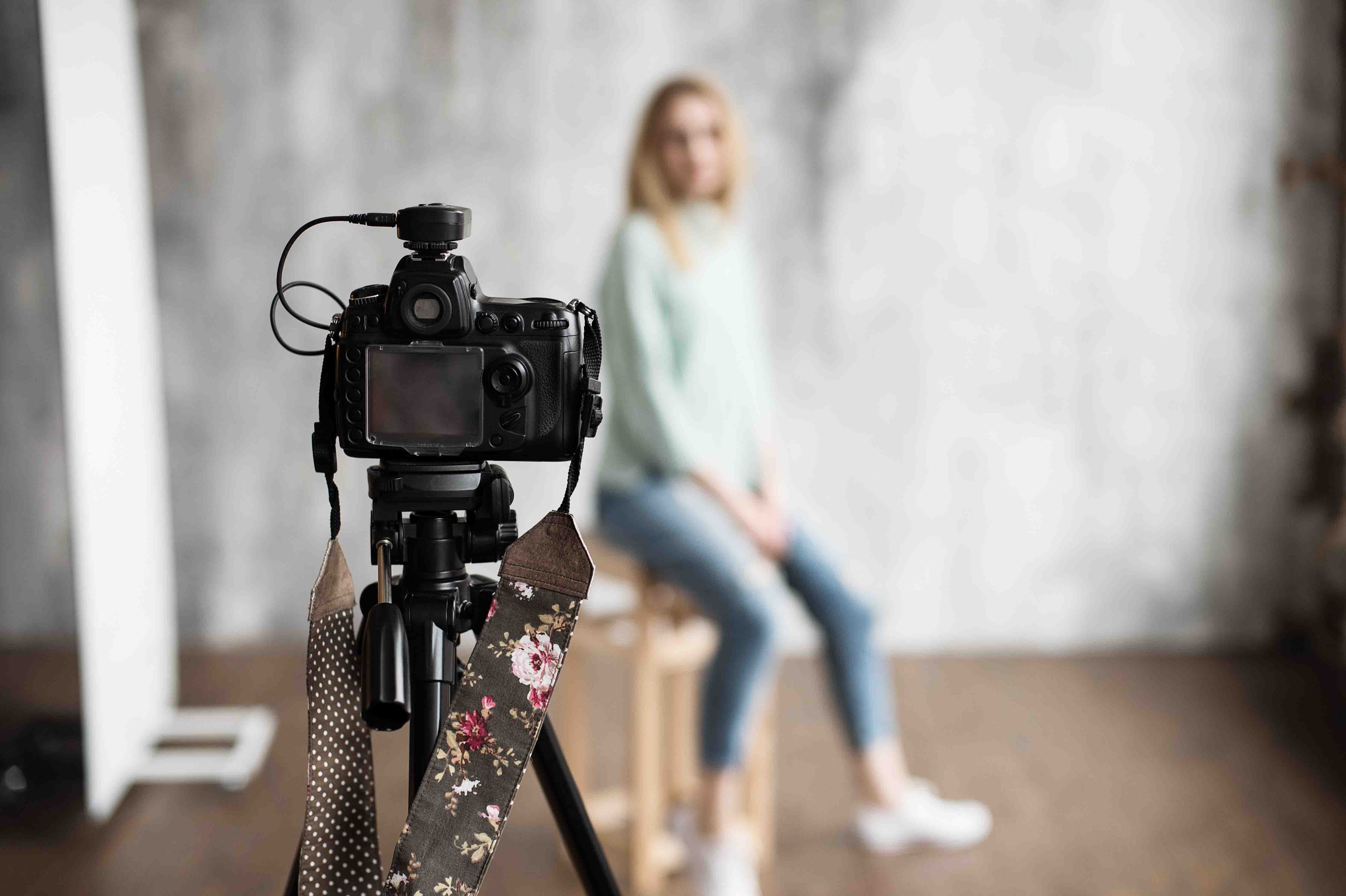It's a curious thing, how words can shift and change their feel, depending on who says them and how they're put together. We often think of language as a straightforward tool, a way to pass along simple ideas, but it's really so much more than that. Think about the word "shoot," for instance. On its own, it carries a sense of quick action, a sudden burst of energy, or perhaps a forceful push. This single word, in some respects, holds a lot of different pictures in our minds, from something moving quickly through the air to a camera lens capturing a moment. Its basic meaning involves a kind of release, a sending forth with some force, which is pretty interesting when you consider it. We use it to describe so many different actions in our daily talks, and that shows just how flexible our words can be, doesn't it?
Yet, when words combine, they often create something entirely new, a phrase that means something quite apart from its individual parts. This is how language truly shows its amazing reach. A phrase like "shoot your load for me," for example, takes the simple action of "shoot" and places it into a context that gives it a completely different, very specific, and often quite striking sense. It's almost as if the words are having a conversation among themselves, deciding on a fresh meaning when they get together. This sort of linguistic chemistry is what makes our everyday communication so rich and, well, sometimes a little surprising, too.
So, what exactly is going on when words form these new, powerful expressions? It's about how we, as people, use language not just to state facts but to convey feelings, to make a point with impact, or to suggest something without saying it directly. We pick and choose our words, and sometimes, those choices lead to phrases that are quite vivid, phrases that really grab your attention. This kind of expressive choice is a big part of how we connect with each other, and it's something that makes talking to one another a truly lively experience, you know? It's really about the life that words take on when we use them in our day-to-day chats.
Table of Contents
- What Does "Shoot" Mean, Really?
- How Do Words Take on New Meanings - like "shoot your load for me"?
- Why Do We Use Such Vivid Expressions - such as "shoot your load for me"?
- Can We Change How We Talk - about "shoot your load for me"?
What Does "Shoot" Mean, Really?
When we look at the word "shoot" by itself, it actually has a whole collection of meanings, each one hinting at a sudden, forceful kind of action. It's a word that suggests something is being sent out with a burst of energy, like when you let go of a bowstring and an arrow flies, or when you flick your finger to send something small spinning. This basic idea of a quick, directed movement is pretty much at the heart of what "shoot" means. It's a word that conveys a sense of immediate impact, a rapid sending forth of something, and that's a very common thread through all its different uses. We see this a lot, for instance, in how we talk about things moving with speed.
One common way we hear "shoot" is when we talk about weapons. It means to fire a bullet or an arrow, or to hit, injure, or kill a person or an animal by firing one of these. This is a very direct and serious use of the word, obviously. It implies a deliberate act with a clear outcome, often one that causes significant change or harm. We also use it to describe removing or destroying something by firing a missile, which is, you know, a pretty powerful action. Or, to make a hole by firing a weapon, like a bullet making a mark. These uses all point to a forceful projection, a sending out of something with a specific aim, which is quite interesting when you consider how many ways we find to express that idea.
The Forceful Act of "Shoot"
Beyond just weapons, "shoot" can mean to fire or let fly a missile from a weapon. It's about that moment of release, the sudden push that sends something on its way. This also includes the idea of hitting, wounding, damaging, killing, or destroying something with a missile that's been sent out from a weapon. So, it's not just the act of sending, but the effect of that sending. It can even mean to execute or put to death with a bullet, which is a very stark and final use of the word. We might hear of someone being "shot at sunrise," for instance, which paints a very clear picture of a very serious event. This shows how "shoot" carries a weight, a sense of consequence, too it's almost a word that implies a turning point.
- Andie Rosafort Husband
- Drake Leak Unblur
- Esposa De Mil Mascaras
- Home Nest Shop Reviews
- Sebastian Maniscalco Ross
The word "shoot" also refers to sending forth or discharging a missile from something. It's about the act of propulsion, the force behind the object moving through space. It can mean to hit, wound, damage, kill, or destroy with a missile discharged from a weapon. This collection of meanings shows that "shoot" is deeply tied to actions that involve force and often, a definite result. It’s a word that captures the essence of a sudden, directed action, whether that action is meant to create or to destroy. And, in a way, that directness is part of its power, isn't it? It just gets right to the point.
"Shoot" and its Targets
In a very general sense, "shoot" often refers to the act of firing a weapon or forcefully sending out an object, often with the goal of hitting a specific target or causing some kind of impact. This goal-oriented aspect is a key part of how we use the word. It's about intention, about aiming for something. Interestingly, it can also refer to the act of taking photographs, which is a completely different kind of "shooting," but it still involves aiming and capturing something. You "shoot" a picture, you know? That's a fascinating twist on the word, as it still involves a kind of precise aim, but without the force or harm. It's about catching a moment, rather than creating a physical effect, which is quite different, yet the word stays the same.
When someone "shoots" a person or an animal, they kill them or injure them by firing a bullet or arrow at them. This is a very direct and impactful meaning, one that we clearly understand. The word can be used intransitively, meaning without a direct object, like "the police came around the corner and shot," implying the act of firing occurred. Or, it can be transitive, meaning it takes an object, like "to fire something from a weapon." The flexibility of the word, how it can be used in different sentence structures, really shows how adaptable our language is. It's like the word itself is capable of taking on different roles, which is pretty neat, actually.
How Do Words Take on New Meanings - like "shoot your load for me"?
It's pretty amazing how words, when put together, can form phrases that mean something entirely different from their individual parts. This is how expressions come to life, and it's a big part of what makes language so rich and, well, sometimes a bit puzzling. Think about how "shoot," with all its meanings of forceful projection and hitting a target, can become part of something like "shoot your load for me." The original sense of "shoot" is still there, in a way, but the phrase as a whole carries a much more specific, often very strong, sense. It's like the words are playing a game, and when they team up, they create a whole new set of rules for their meaning. This happens a lot in everyday talk, you know?
This process of words joining forces to create new meanings is a core part of how language grows and changes. It’s not just about adding words to a list; it’s about how those words interact, how they spark off each other to create something fresh. A phrase like "shoot your load for me" isn't something you'd get by just adding up the dictionary definitions of "shoot," "your," "load," and "for me." Instead, it's a product of shared understanding, of how people use language in real conversations. It's like a secret code that we all sort of agree on, without really talking about it. That's actually pretty cool, when you think about it, how we just pick up on these things.
The Fluid Nature of Language
Language is a living thing, always moving and changing, and that's why we see phrases that gain new meanings over time. Words are not fixed in stone; they are fluid, constantly adapting to how people use them in their daily lives. A word like "shoot," with its very active and forceful background, provides a strong base for building new, vivid expressions. When it combines with other words, it can lend its sense of suddenness or directness to the new phrase, even if the overall meaning is completely different from firing a weapon. It's like the old meaning is still there, a ghost in the machine, but the new meaning takes center stage. This adaptability is what keeps our conversations fresh and interesting, in a way.
The way we use language is often less about strict rules and more about common agreement and shared experience. People hear a phrase, they understand its meaning in a certain context, and then they start using it that way too. This is how expressions become part of our common talk. So, when we encounter a phrase like "shoot your load for me," it's not just a random collection of words. It's a phrase that has gained its particular sense through how people have used it and understood it over time. It's a pretty organic process, really, how these things just sort of stick around and become part of what we say. And that's just how language works, for the most part.
Why Do We Use Such Vivid Expressions - such as "shoot your load for me"?
People often pick strong, colorful expressions because they want to make a point with impact. We're not always just trying to pass along plain facts; sometimes, we want to convey a feeling, to show how strongly we feel about something, or to create a very clear picture in someone's mind. A phrase like "shoot your load for me" definitely falls into this category. It's not a gentle suggestion; it's a very direct and often forceful way of asking for something, or of expressing a certain expectation. It draws on the basic, active sense of "shoot" to give the whole phrase a kind of urgency and intensity. We use these kinds of expressions to add flavor to our talk, and to really get our message across, which is pretty important, you know?
Using vivid language helps us stand out and make our communication more memorable. When we choose words that paint a strong picture or carry a lot of feeling, our message is more likely to stick with the person hearing it. It's a way of being expressive, of putting a bit of ourselves into what we say. Such expressions are often chosen because they are direct, they don't beat around the bush. They get right to the heart of what someone wants to say, which can be very effective in certain situations. It's like we're trying to make our words jump off the page, or out of our mouths, and really grab someone's attention. That's a big part of why we talk the way we do, for instance.
The Impact of Strong Phrasing
Strong phrasing, like "shoot your load for me," often comes from a desire to be very clear about a request or a feeling, leaving little room for misinterpretation. While the literal meaning of "shoot" involves physical force or projection, when it's used in such an expression, that underlying sense of force gets transferred to the idea being conveyed. It's about a complete and total giving, a full effort, or a complete release of something. The words work together to create a sense of absolute commitment or surrender. This kind of language can be quite powerful because it leaves no doubt about the speaker's intent or desire. It's pretty much a way to say, "I mean business," without actually saying those words, which is kind of clever, really.
These kinds of expressions are also part of how we build connection and shared understanding within a group. When people use and understand these phrases, it shows a common way of looking at the world, a shared cultural shorthand. It's like an inside joke, but for language. They add a layer of color and personality to our conversations, making them less formal and more human. It's a way of speaking that feels natural and real, because it reflects how people actually talk to each other in their daily lives. So, these expressions aren't just random; they serve a purpose in how we relate to one another, which is pretty cool, if you think about it.
Can We Change How We Talk - about "shoot your load for me"?
The way we talk is always changing, and that includes the phrases we use and how we use them. Language is a tool that we shape and reshape constantly. If a phrase, like "shoot your load for me," is no longer useful, or if it starts to carry meanings that aren't helpful, people will naturally start to use other ways of saying things. It's not a top-down decision; it's a very organic process that happens through countless daily conversations. We pick up new ways of speaking, and we let go of old ones, which is pretty much how language stays fresh and relevant. It's like a constantly flowing river, always finding new paths, you know?
We have a lot of different ways to express ourselves, and we can always choose words and phrases that fit the situation and our audience best. If we want to be very clear, or very gentle, or very direct, there are many different word combinations we can pick. It's about making a conscious choice about the impact we want our words to have. So, if a phrase feels too strong, or not quite right, we can always find another way to say it. That's the beauty of having such a rich language; there are always other options available to us, which is pretty neat. It's really about our own choices in how we put words together, in some respects.
Ultimately, the power of language lies in its flexibility and in our ability to use it to connect with others in meaningful ways. Whether we're talking about the simple act of "shooting" a photograph or a more complex expression like "shoot your load for me," it all comes down to how words are chosen and combined to create a message. We learn these meanings from each other, and we pass them along, making language a truly shared experience. It's a constant dance between individual expression and common understanding, which is pretty fascinating, actually. And that's what makes talking to each other such a dynamic part of our lives.



Detail Author:
- Name : Euna Moen
- Username : cormier.lew
- Email : mertz.jalen@gmail.com
- Birthdate : 1993-10-01
- Address : 1957 Elise Overpass Suite 850 Daughertyport, OR 63959-6726
- Phone : 574-366-3168
- Company : Barrows, Kassulke and Bradtke
- Job : Plant Scientist
- Bio : Molestias quis in velit non magni dolor ea. Porro corrupti porro quasi. Possimus voluptatem ad accusamus velit voluptatem perferendis. Voluptas accusantium iusto enim neque.
Socials
facebook:
- url : https://facebook.com/montana_id
- username : montana_id
- bio : Velit tenetur laborum voluptatem voluptas.
- followers : 4053
- following : 633
twitter:
- url : https://twitter.com/metzm
- username : metzm
- bio : Quaerat ex laudantium ad mollitia ad id. Autem nihil dolorem velit. Est eos id autem nihil illo ipsa voluptatum.
- followers : 6550
- following : 1978
instagram:
- url : https://instagram.com/mmetz
- username : mmetz
- bio : Quasi totam nemo totam nihil tenetur enim. Itaque veniam amet reprehenderit ut veritatis modi.
- followers : 3891
- following : 2908
linkedin:
- url : https://linkedin.com/in/metzm
- username : metzm
- bio : Voluptates quis assumenda voluptatum nisi.
- followers : 4233
- following : 501
tiktok:
- url : https://tiktok.com/@montana.metz
- username : montana.metz
- bio : Eligendi enim magnam eos dolores delectus consequatur quaerat.
- followers : 4797
- following : 498